Event Registration
Allosteric actuation of modular and programmable nucleic acid circuits for small molecule detection
Alan F. Rodríguez-Serrano, I-Ming Hsing
Department of Chemical and Biological Engineering, The Hong Kong University of Science and Technology, Hong Kong, China
Detection of environmental pollutants such as antibiotics, toxins, heavy metals, pesticides, among others, is crucial to safeguard environmental and human health. However, conventional analytical methods that rely mainly on chromatographic and spectroscopic techniques present enormous challenges of scalability and affordability to meet the testing needs in affected and low-resources areas. Recently, water monitoring technology is branching into different directions and techniques, such as biosensors.
In this talk, I will introduce a minimal DNA transducer and amplifier circuit for the detection of small molecules via allosteric transcription factors (aTFs). The biosensing strategy relies on the allosteric control of an innovative design of toehold-mediated strand displacement reactions sustained by an endonuclease. The biosensor’s sensitivity can be finedtuned and its core principle can be used to build sensors for a variety of targets. Two optical biosensors were developed for the rapid and reliable detection of antibiotics in spiked municipal water samples at nanomolar concentrations [1].

Figure 1
References:
[1] Rodríguez-Serrano, A. F., & Hsing, I. M. ACS Synthetic Biology, 10(2), 371-378 (2021).
Acknowledgment: Funding support from the Research Grants Council of Hong Kong SAR Government (Project Nos. GRF#16301817 and GRF#16306218) is acknowledged.

© 2024 · Biophotonics4Future
Leibniz Institute of Photonic Technology
Albert-Einstein-Str. 9
07745 Jena | Germany
www.leibniz-ipht.de



